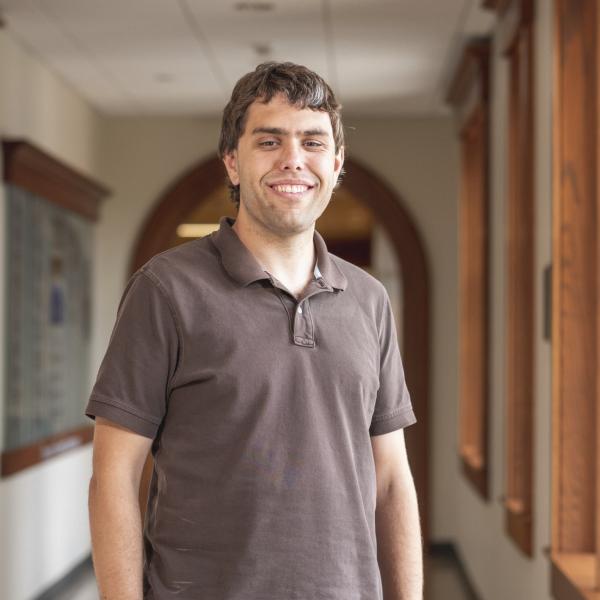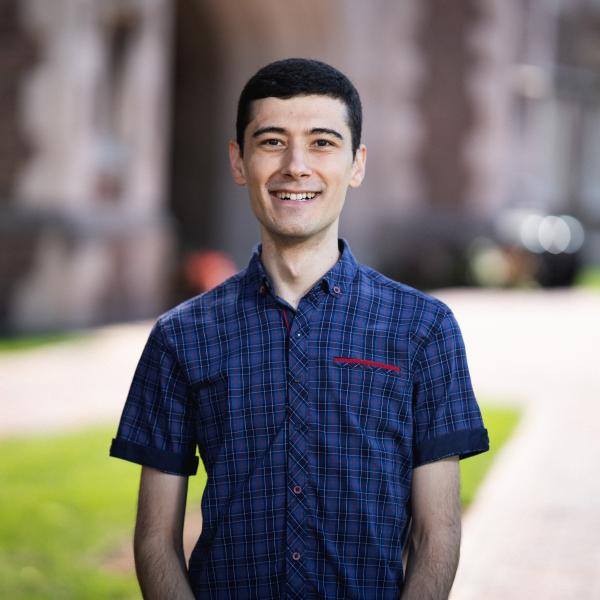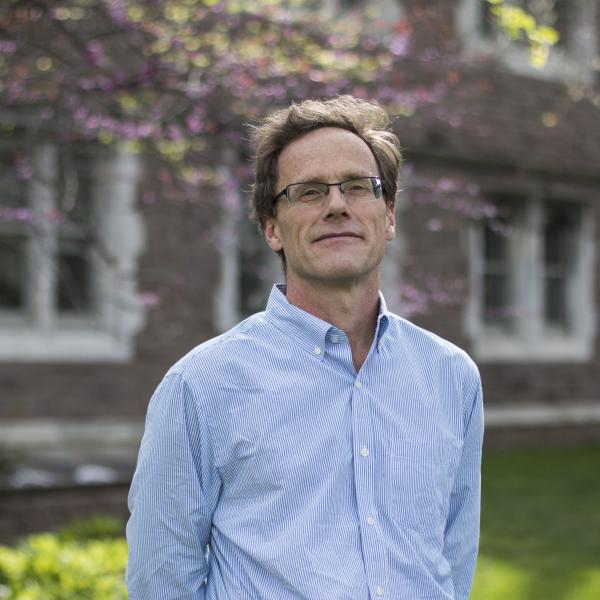John McCarthy has received a five-year grant from the National Science Foundation to study Operator Theory and Applications. Here is a description of the grant from the abstract:
Operator Theory and Applications
The Heisenberg uncertainty principle asserts that the order in which measurements are made matters; measuring the position of a particle before or after measuring its momentum affects the result. J. von Neumann realized that the best way to
capture this feature in a mathematical formulation was in terms of mathematical objects called operators. Studying operator theory is still fundamental not only in quantum mechanics, but in many areas of both pure and applied mathematics.
Control theory, which is the design of things like automatic pilots and self-driving cars, depends critically on operator theory,
and as these systems get more complex, new mathematical questions arise. The PI, Dr. McCarthy, will work on answering these questions.
He will study problems in operator theory, function theory, and in non-commutative functions. Non-commutative functions are functions whose input is two (or more) matrices, and whose output is a matrix; roughly speaking they are generalized non-commutative polynomials in the same way that an analytic function is a generalized commutative polynomial. The theory of non-commutative functions is very new, but it has been successfully applied in diverse areas, including control theory, realization formulas, non-commutative algebraic geometry, and semi-definite programming. McCarthy will use non-commutative function theory to study spectral theory, and operator monotonicity of functions, shedding light on the commutative theory also. In addition, the PI will work on using mathematical models to help understand the development of Alzheimer's disease.




